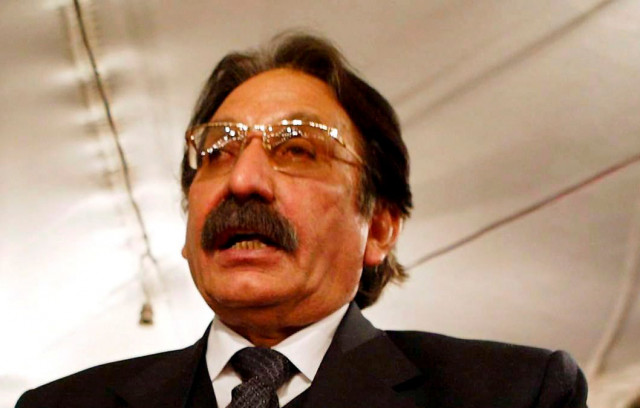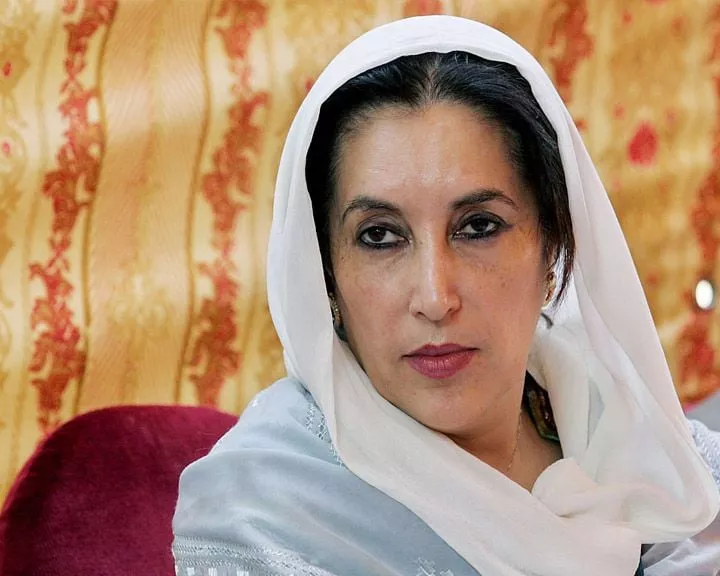SC can keep check on state organs: CJ
The CJ said that under the constitution the judiciary can intervene if any of the state organ crosses its limits.

Speaking at the opening ceremony of the new judicial year here on Tuesday, Justice Chaudhry said the government is not happy with some of the decisions of the Supreme Court. However, the august court gives its verdicts according to the Constitution and law and such decisions would continue to be announced in the future.
The chief justice said that since its restoration the judiciary has handed down landmark decisions, with the verdict of July 31 against the PCO judges figuring prominently. Judges of the higher judiciary are determined to uproot corruption from the lower courts. However, complaints are still being received about corruption in the courts at the district level, the CJP said, adding, “We were hopeful that after raise in the salary of judges and the staff this evil would vanish but unfortunately it has not”.
Justice Chaudhry said that the judiciary respects the democratic institutions as well as the elected representatives. The judges are carefully intervening in other organs of the state while dealing with them. However, the court would announce its verdicts according to the Constitution and law in case someone approaches the court.
Pakistan is a democratic country where the parliamentary system is in place. Under this system the supremacy of Constitution and the rule of law is the real merit, the chief justice said. “Our system ensures the basic rights, governance of the law and independence of the media.” The job of parliament is to ascertain the legislation and the performance of executive.
However the present parliament is astounding that it did not ratify the steps of November 3, 2007, the CJP said.
He added that it is the responsibility of the Supreme Court as the guardian of the Constitution to ensure that all other state organs keep functioning smoothly within their domains.
While presenting the performance report of last year, the CJP said that the Supreme Court disposed of 40,000 suo motu cases whereas the SC is hearing a historic case of 18th amendment for the last three months.
Attorney General Maulvi Anwar-ul-Haq, Supreme Court Bar Association president Qazi Anwar and Pakistan Bar Council chairman Nasrullah Warraich also spoke on the occasion.
Published in The Express Tribune, September 15th, 2010.



















COMMENTS
Comments are moderated and generally will be posted if they are on-topic and not abusive.
For more information, please see our Comments FAQ